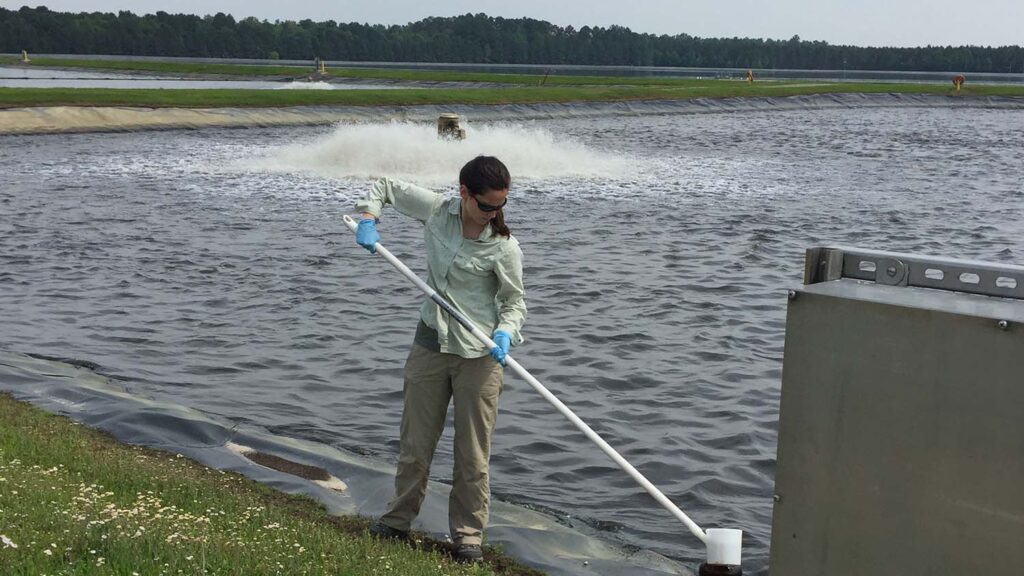Technical Options List

In addition to the core curriculum, students fine tune their program by choosing among the following technical options within the Natural Resources Master’s Program.
A limited number of 400 level courses from departments other than the administrative department may count toward the degree requirements. Note that the courses listed within each technical option may have prerequisites. In general, these prerequisites would be required in addition to core and technical option courses. Course substitutions must be approved by the student’s committee.
Assessment and Analysis
This option allows students to develop a project incorporating field course components with decision making tools and the opportunity to develop depth in a specific subject matter focus. Focused on planning and conservation processes and efforts, the option aims to hone the abilities of people who will function as part of NEPA process teams, NGOs aiming to preserve and protect land and its biodiversity, or professionals performing Phase I, protected species investigations, and related assessment roles. Details on Natural Resources – Assessment and Analysis Technical Option >>
Economics and Management
Economics and Management option graduate students study the trade-offs associated with how society interacts with natural resources in order to assess and improve natural resource policy and management. Students focus on trade-offs at many different spatial and temporal scales. Examples include non-market valuation of ecosystem services, optimal management of forest stands with changing climate, carbon and market consequences of using biomass energy, sustainable development and long-term projections of ecological and economic sustainability. Details on Natural Resources – Economics and Management >>
GIS
This option provides students with a thorough background in the spatial sciences including spatial modeling, remote sensing, geographic information systems, and spatial databases. Students completing this option will be prepared for positions in a variety of federal agencies such as the USDA Forest Service, EPA, NOAA, or Corps of Engineers; with state agencies; with regional or local planning organizations; and with private consulting firms. Details on Natural Resources – Geographic Information Systems >>
Hydrology
This option promotes understanding the hydrologic processes of watersheds and wetlands and prepares students for conducting hydrologic studies and directing watershed management programs. Courses also focus on water resources policy and regulation. Students are prepared for positions with private consulting firms as well as with many other public and private organizations that deal with the hydrologic impacts of land use and climate change. Details on Natural Resources – Hydrology >>
International Resources
This option is designed to enhance students’ understanding of international forestry and natural resource management and to prepare them for careers abroad or with internationally oriented institutions and companies in the US. Courses in this option are taught in several different departments and provide a broad background with rigorous technical emphases. Details on Natural Resources – International Resources >>
Landscape Architecture
This option is a non-thesis professional degree program. Students who complete all courses required for the technical option will receive a Master of Landscape Architecture and the Natural Resources Landscape Architecture with the Technical Option, curriculum code (NRD). No previous LAR degree is required. Students who are interested in becoming physical planners in municipalities, federal government, park and recreation planning as well as housing development and transportation planning will require a first professional degree in landscape architecture and are primary candidates for this second degree in the natural resources. Details on Natural Resources – Landscape Architecture >>
Outdoor Recreation
This technical option develops the knowledge and skills needed for planning and managing natural resource-based outdoor recreation opportunities and resources. Students are prepared for positions with federal, state, regional, county and municipal parks, recreation and land management agencies as well as with private firms and non-profit organizations. Details on Natural Resources – Outdoor Recreation >>
Policy and Administration
This option develops knowledge and skills about policy processes and sciences, public and private organizations, natural resource law and policy, public governance and involvement, and their applications to natural resource management and conservation. Details on Natural Resources – Policy and Administration >>